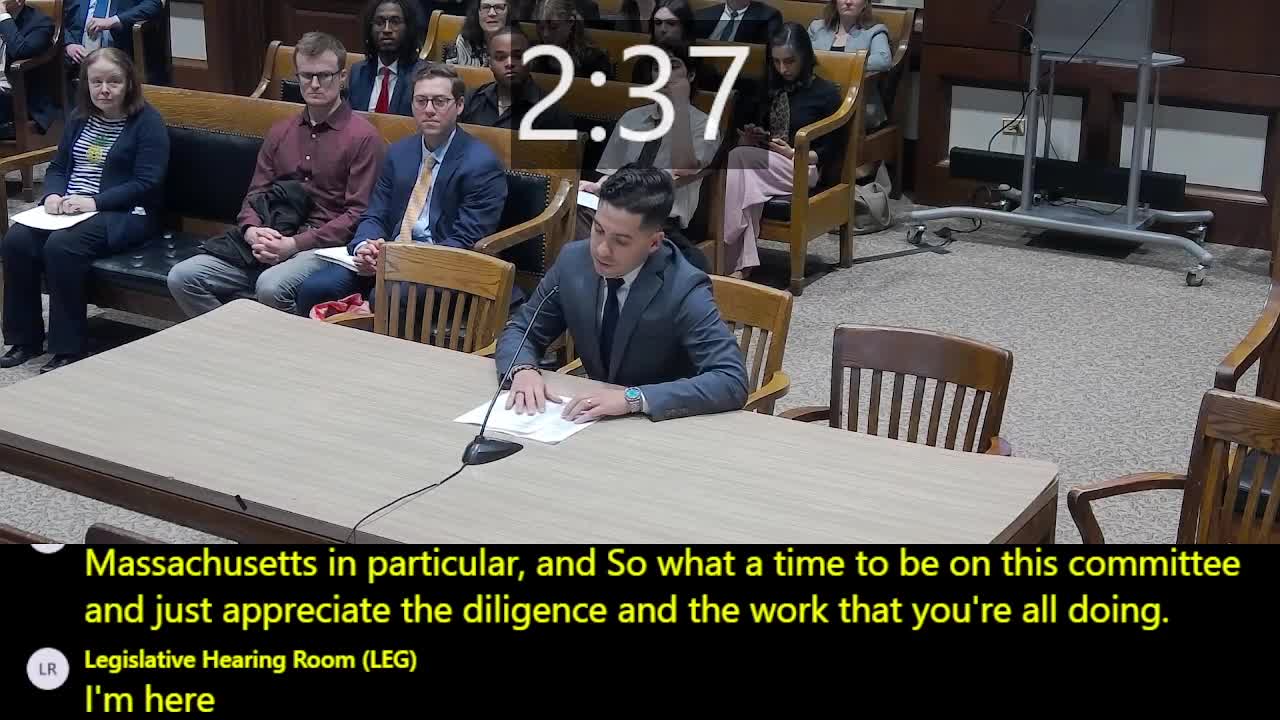Article not found
This article is no longer available. But don't worry—we've gathered other articles that discuss the same topic.
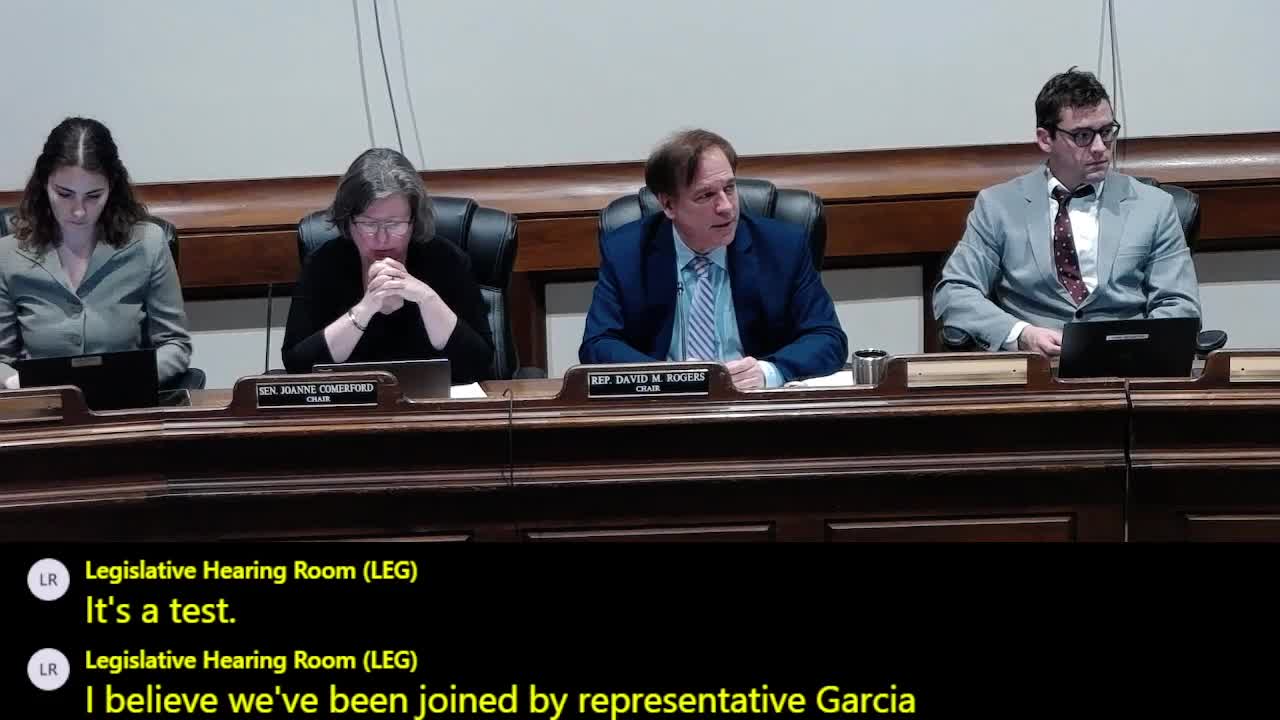
Supporters ask Massachusetts to adopt standard AP credit policy to protect student progress and lower costs
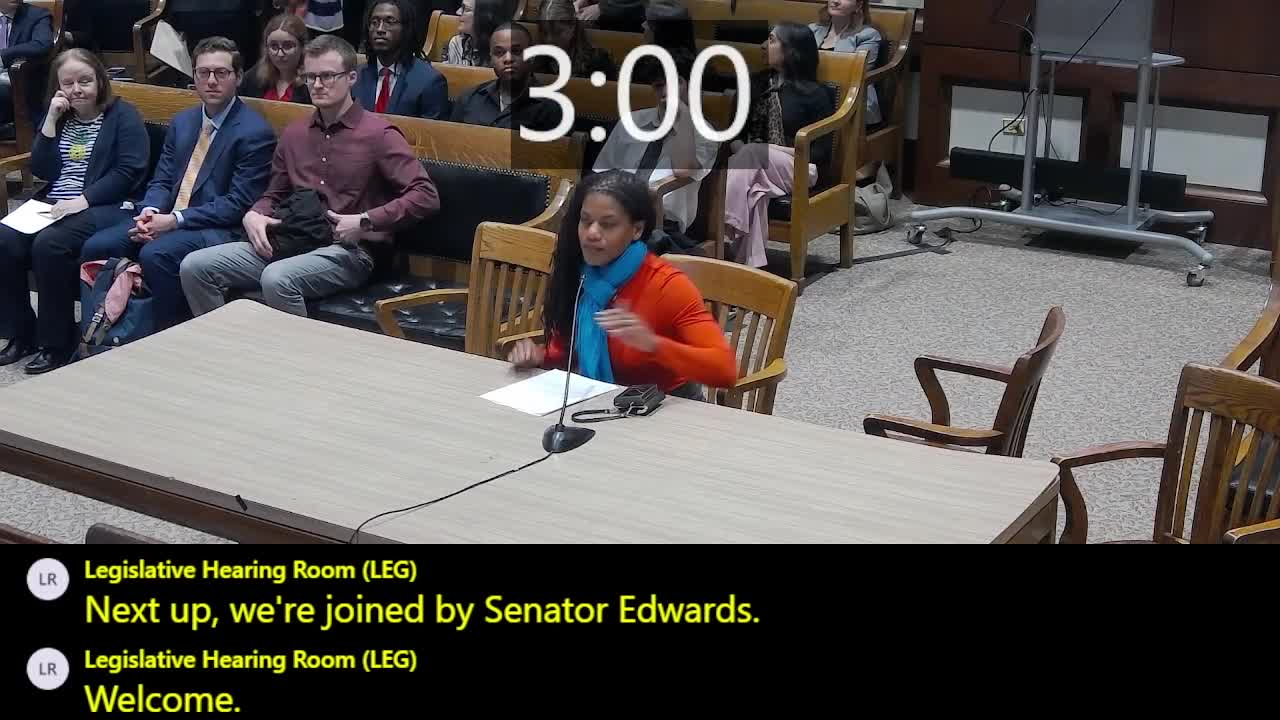
Coalition urges Massachusetts to ban legacy preferences at colleges, calling the practice inequitable
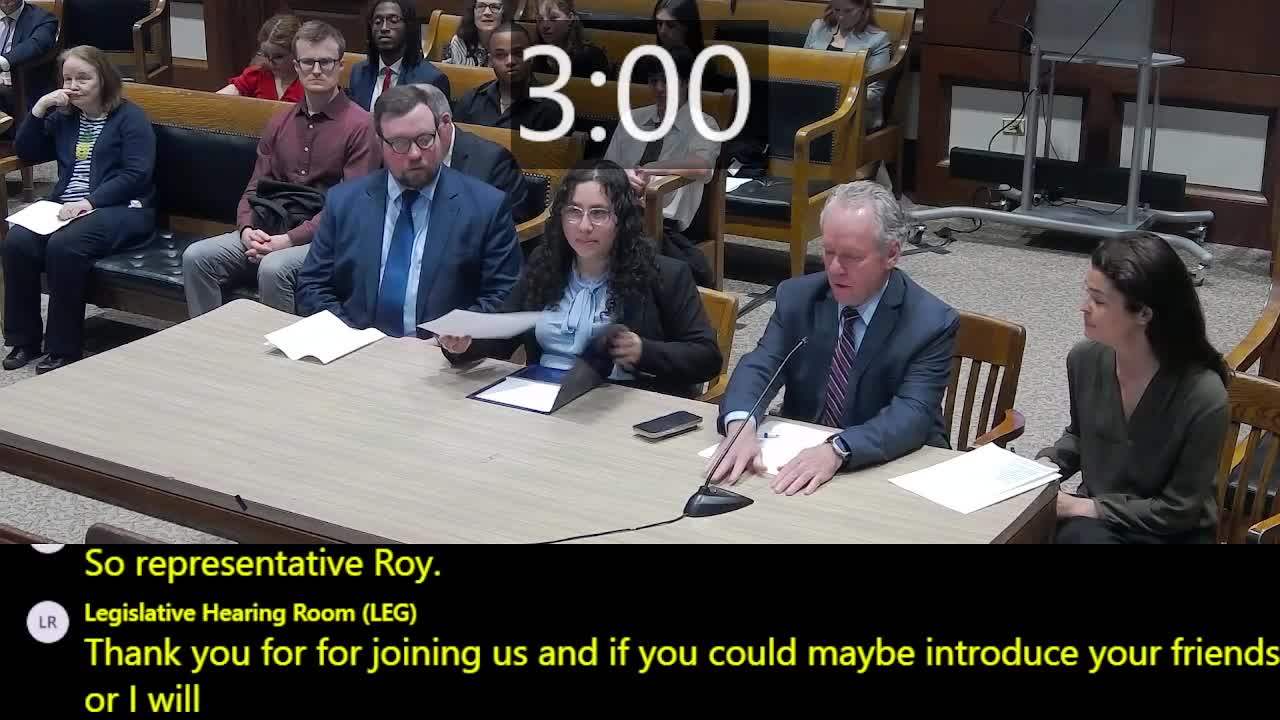
Lawmakers, advocates press to scale early college programs to reach tens of thousands of students
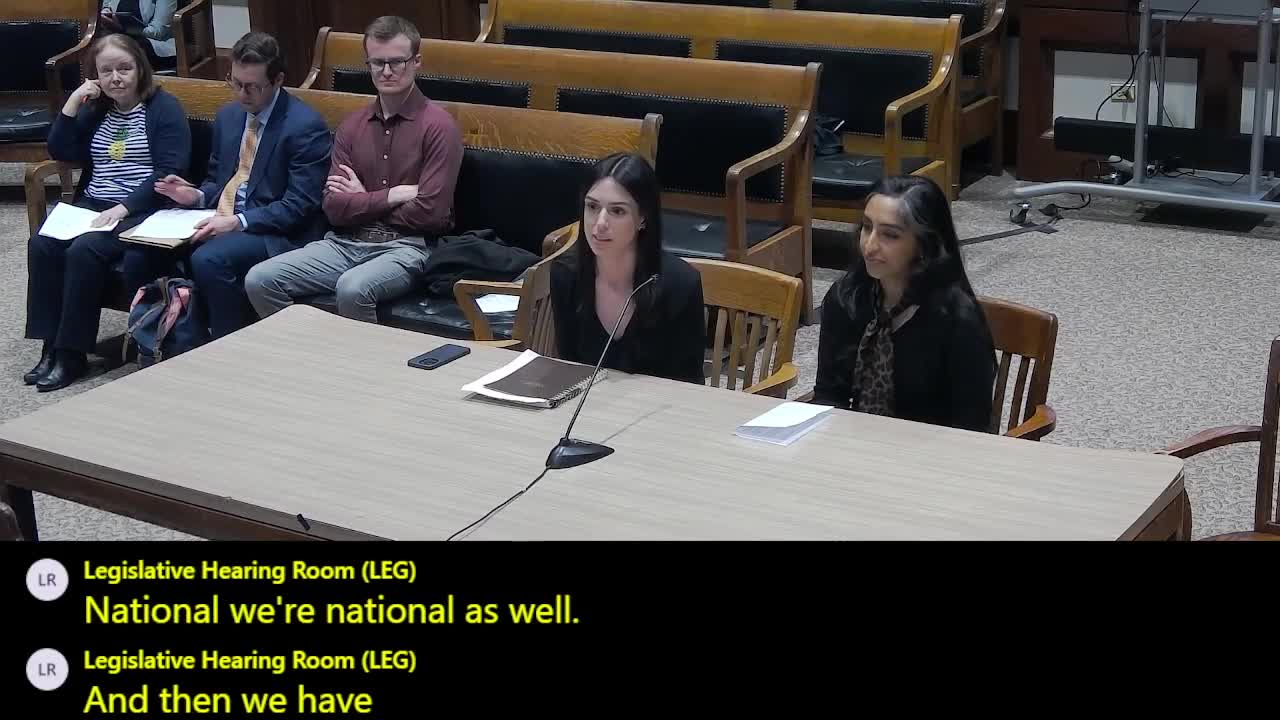
UMass, alumni and students back tuition equity for Stockbridge School of Agriculture
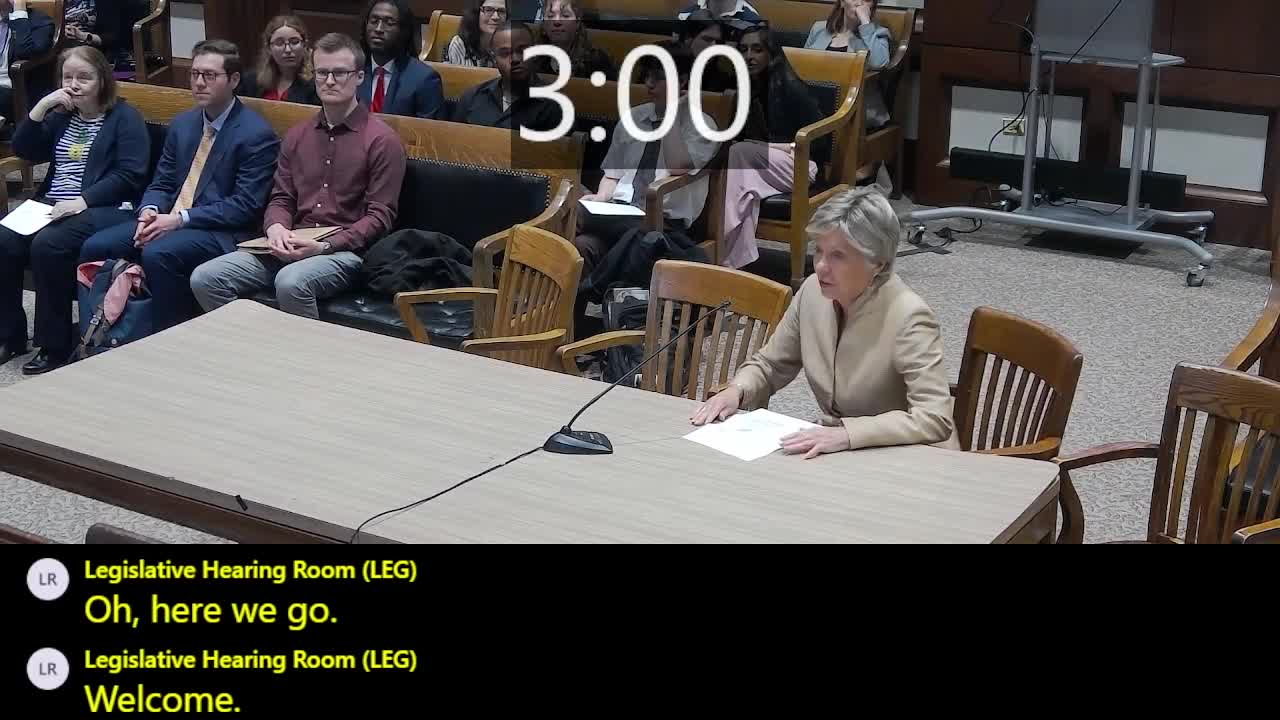
Advocates press for 'Be New Deal' requiring plant‑based protein options at public institutions
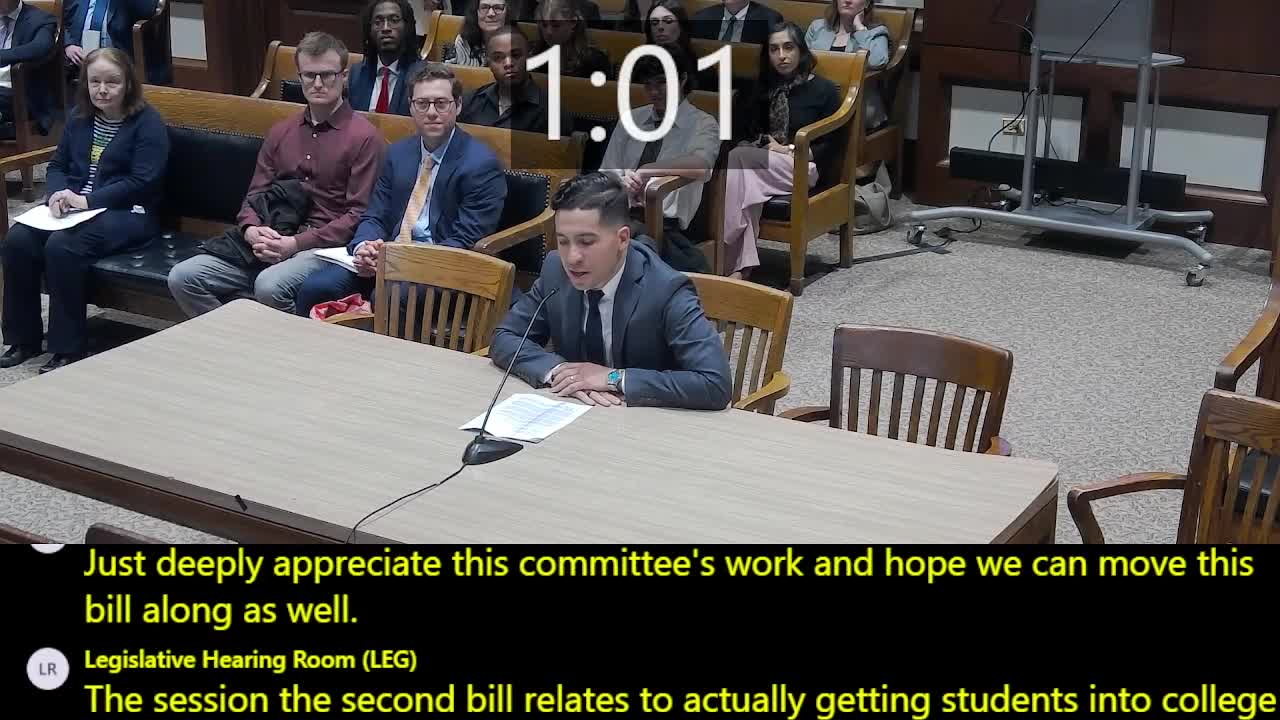
Advocates push universal FAFSA completion policy, citing unclaimed federal aid and completion gaps
